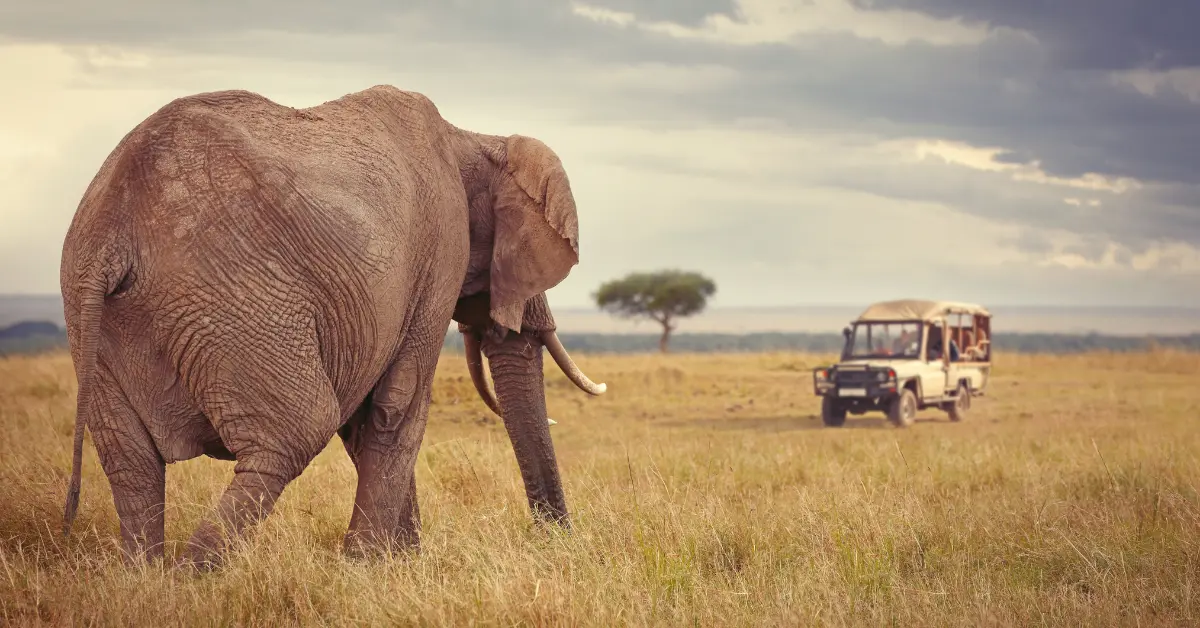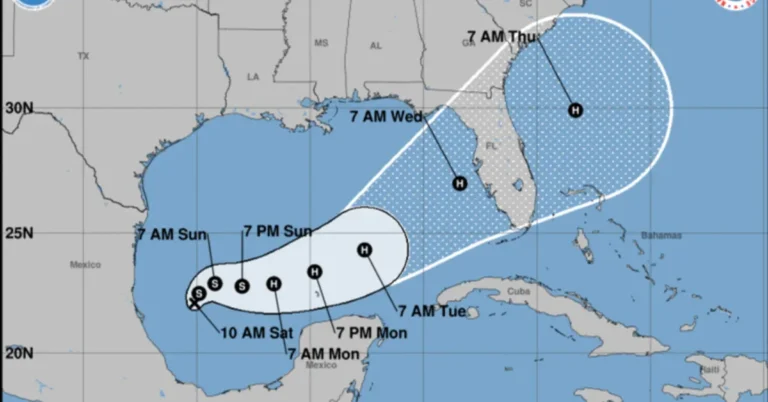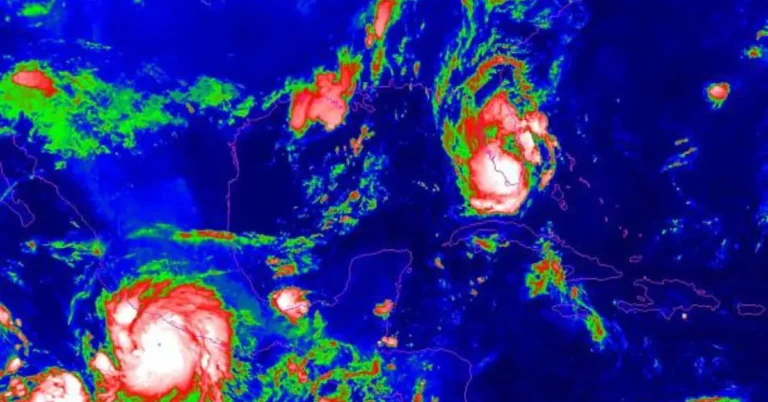A Spanish tourist on safari in South Africa tragically lost his life after leaving his vehicle to photograph an elephant herd. The incident underscores the critical importance of adhering to wildlife safety guidelines and respecting the power and unpredictable nature of wild animals.

Under a cerulean sky, the sprawling plains of Pilanesberg National Park shimmered with life.
It was the quintessential African safari, a dream come true for a 43-year-old Spanish tourist and his fiancée.
They had journeyed to South Africa, eager to witness the majesty of its wildlife. But what began as an idyllic adventure soon transformed into a nightmare.
A Fatal Miscalculation
The couple, captivated by the sight of a majestic elephant herd grazing by a watering hole, decided to pause their game drive.
The tourist, an avid photographer, yearned for a closer shot.
Ignoring the warnings of his fiancée and the explicit safari rules, he stepped out of the vehicle, camera in hand, his eyes fixed on the magnificent creatures.
The elephants, initially undisturbed, began to grow agitated as the man approached.
Unbeknownst to the tourist, the herd included young calves, a trigger for their protective instincts.
A large female, sensing a potential threat to her young, raised her trunk in warning—a sign the tourist tragically misinterpreted or ignored.
In a matter of seconds, the elephant charged. The tourist, realizing his grave mistake, turned to flee, but it was too late.

The enormous animal, fueled by maternal instinct, easily overtook him. The rest of the herd, sensing the commotion, joined in the attack, trumpeting their fury.
The scene, witnessed by horrified onlookers, unfolded with brutal swiftness.
The tourist was trampled and killed, his lifeless body a tragic testament to the consequences of underestimating wildlife.
Also Read: “I Just Wanted Pizza!” Shocked Passenger Films Violent Carnival Cruise Fight
Understanding the Elephant’s Perspective
While the tourist’s actions were undoubtedly reckless, it’s important to understand the incident from the elephant’s perspective.
Elephants are not inherently aggressive creatures. They are, however, fiercely protective of their young and can perceive any approach as a threat.
In this case, the tourist’s actions likely triggered a defensive response from the matriarch, who felt compelled to protect her herd.
This incident underscores the importance of understanding elephant behavior and respecting their space.
Elephants are intelligent and social animals with complex emotions and strong family bonds. Approaching them without caution can have devastating consequences.
Also Read: Delta Nightmare: Food Poisoning Turns Dream Vacation into Plane of Pain
Lessons Learned and a Call for Responsible Tourism
The tragic incident at Pilanesberg National Park serves as a stark reminder of the importance of wildlife safety.
In the pursuit of the perfect photograph, the tourist made a fatal error, underestimating the power and unpredictable nature of wild animals.
It’s a harsh lesson that even in seemingly controlled environments like national parks, the rules of the wild still apply.
“This was an incredibly unfortunate event,” says Dr. Lucy King, Head of the Human-Elephant Coexistence Program at Save the Elephants. “Elephants are intelligent and social creatures, but they can also be fiercely protective, especially when their young are involved. Tourists must respect their space and follow safety guidelines at all times.”
Park officials have reiterated the importance of staying inside vehicles during game drives and maintaining a safe distance from wildlife.

“We understand the excitement of seeing these magnificent creatures up close,” says Park Ranger Thomas Mkhize, “but it’s crucial to remember that these are wild animals, not domesticated ones. Their behavior can be unpredictable, and approaching them can be incredibly dangerous.”
This tragic event should not deter tourists from visiting Pilanesberg or other wildlife reserves. However, it should serve as a wake-up call to prioritize safety and responsible tourism.
By respecting the boundaries of the animal kingdom and following established rules, we can ensure both the well-being of wildlife and the safety of those who come to admire them.
In Memoriam
The loss of the Spanish tourist is a somber reminder that while safaris offer unparalleled opportunities to witness the wonders of the natural world, they also carry inherent risks.
As we mourn this loss and extend our deepest condolences to the victim’s family and friends, let us also recommit ourselves to responsible tourism.
Let us honor the memory of the victim by advocating for the protection of these magnificent creatures and their habitats.
Let us ensure that every safari adventure is not only a thrilling experience but also a safe and respectful one.










